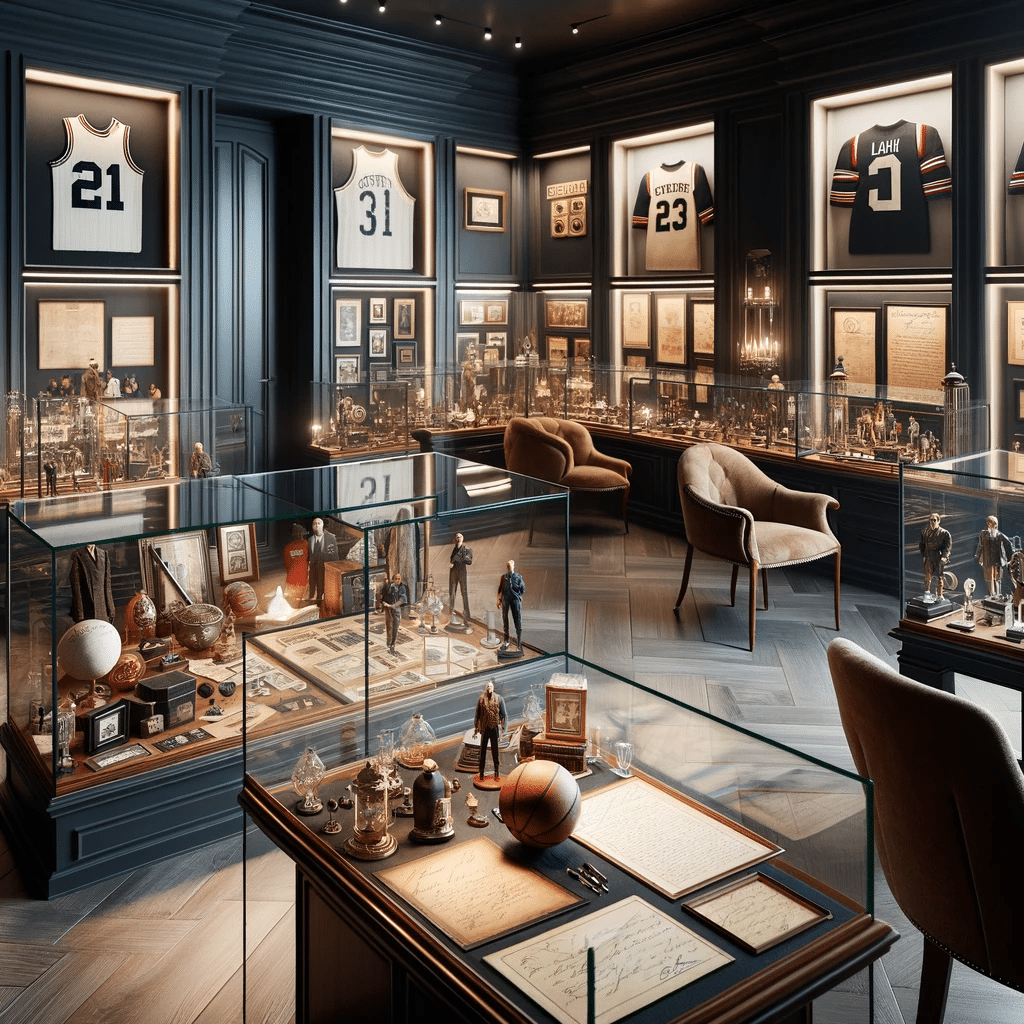The Dynamics of Scarcity and Demand in Memorabilia Collecting
Rare memorabilia holds a special place in the hearts of collectors and investors alike, driving a unique economic market. The value of these items often hinges on their scarcity, making rare finds highly sought after. For example, limited edition items or pieces associated with significant historical events typically command higher prices. Collectors not only cherish these items for their rarity but also for the stories they represent, which often add immense value. Moreover, the condition of these items plays a crucial role, as mint condition pieces can be worth several times more than those in poorer states. Understanding these dynamics helps collectors make informed decisions when expanding their collections.
The Influence of Provenance in Rare Memorabilia Valuation
Additionally, the provenance of an item significantly influences its market value and appeal. Memorabilia with a well-documented history connected to renowned figures or events can exponentially increase in value. Collectors prize items with clear, traceable histories, as these add legitimacy and context that enhance the item’s worth. Authenticating an item’s history requires diligence and can involve considerable research, but the payoff can be substantial. This meticulous process ensures that collectors invest in pieces with verified significance, securing their monetary and historical value.
Market Trends and Collector Engagement
Furthermore, staying abreast of market trends is crucial for collectors aiming to capitalize on their investments. Popular culture, technological advancements, and changing collector demographics can all influence memorabilia values. For instance, the rise of digital collectibles and the growing interest in sustainability are shaping current market preferences. Engaging with other collectors through forums, auctions, and conventions can provide valuable insights into emerging trends and opportunities. By actively participating in the collector community, individuals can better understand market shifts and make strategic choices.
Conclusion: Navigating the Collector’s Economy of Rare Memorabilia
In conclusion, the collector’s economy is a fascinating interplay of history, scarcity, and community. Those who understand these elements can make the most of their collecting endeavors. Whether as a hobby or an investment, collecting rare memorabilia offers a rewarding avenue for exploring passions and gaining financial benefits. As the market evolves, so too must collectors adapt their strategies to continue finding value in this dynamic and intriguing field.


